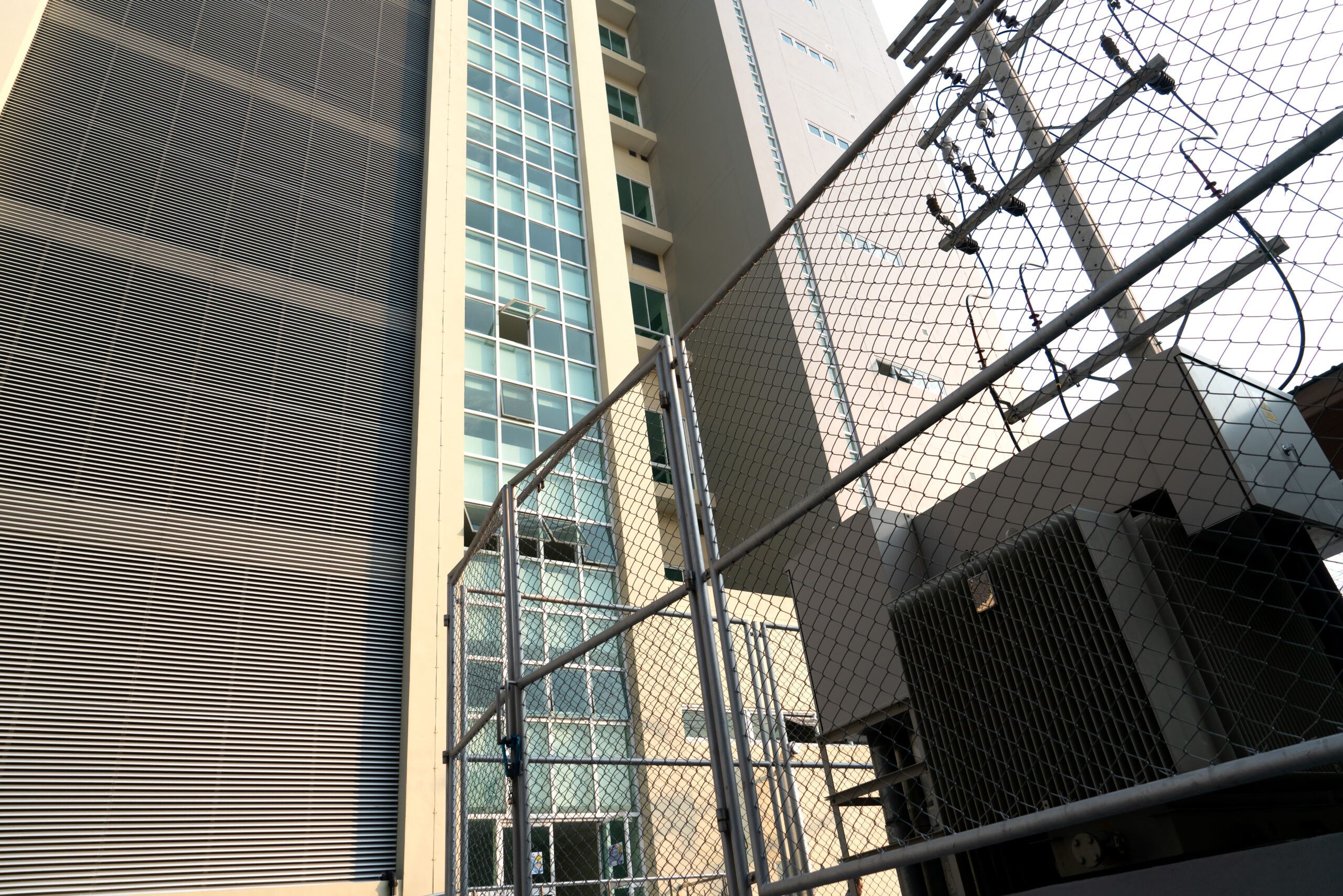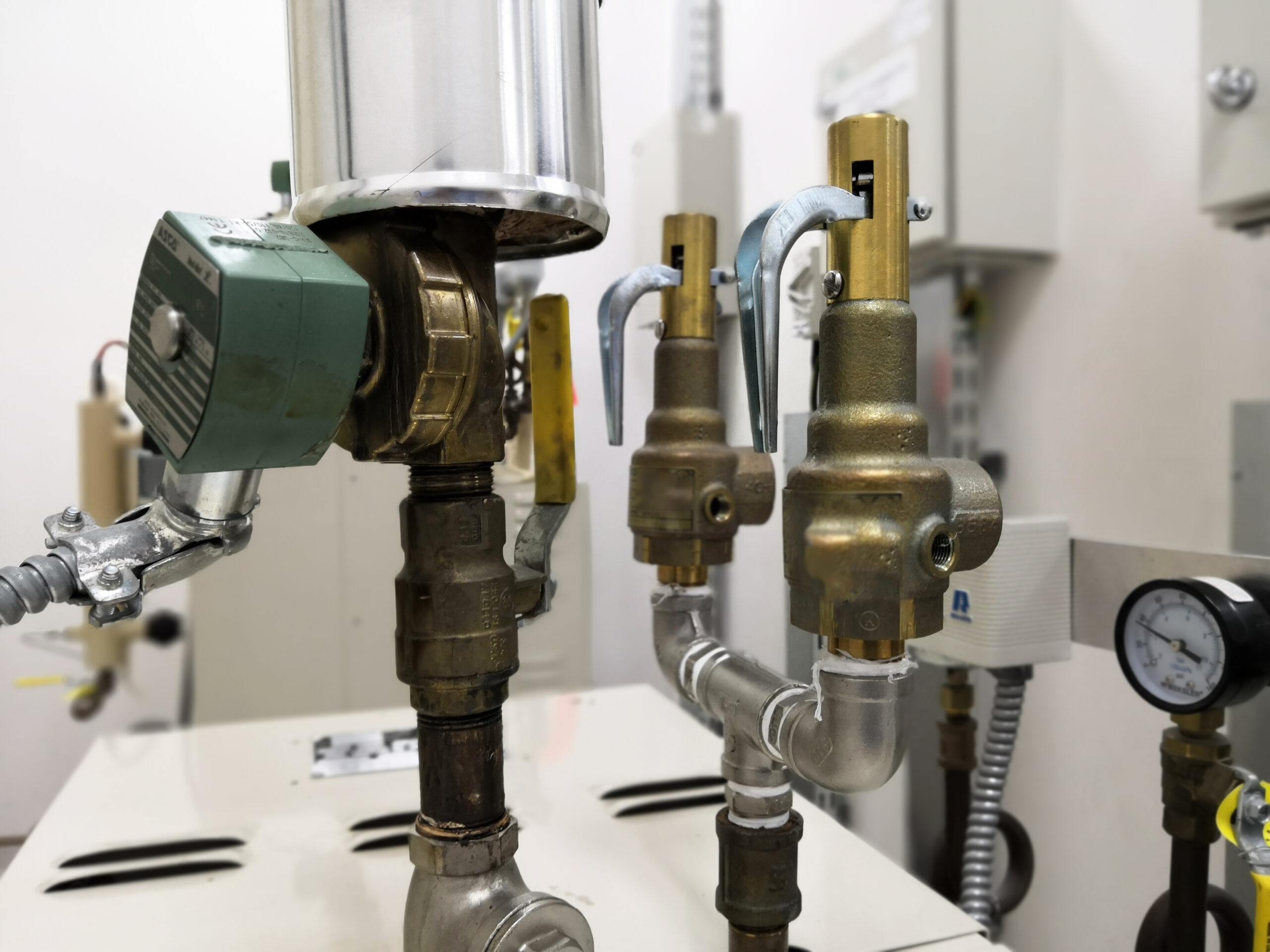We Buy Your Generator.
Shop By Kva
Shop By Application
Shop By Condition
Shop By Fuel Type
Generator Services
Motor Services
- Finance Available, on all new generators.
It goes without saying that hospitals and medical facilities across the country, big or small, consume a lot of energy. From lighting the corridors to powering life support machines, there’s a whole lot of power supplied to and used in hospitals. Should the power to a hospital fail, patients’ lives can hang in the balance, with this in mind it is the law that all hospitals have backup generators in place should the unimaginable happen. Current standards state that hospitals’ backup generators should activate within 10 seconds of power being lost.
In this article from Bellwood Rewinds, you will find out everything you need to know about the requirements of hospital generators, as we ask our experts to explain about standards, testing and maintenance associated with standby power for hospitals.

It may seem obvious, but there are a number of basic requirements that are associated with generators that supply standby power to hospitals. The standards that hospitals should adhere to can be found under the National Fire Protection Association (NFPA) Life Safety Code, or the NFPA 101. This document lists all of the regulations and requirements for medical facilities that house life support systems. The basic requirements for a hospital generator include:
You might think that a generator is a generator and that’s it, however, under the NFPA there are two types of generators that are suitable for use at a hospital. In line with the NFPA guidelines hospital generators should fall into one of two categories:
The NFPA 99 code refers to generators as part of the essential electrical system (EES). This code applies to all generators that are connected to the medical facilities existing electrical system. Any hospital with an EES must conform to type 1 system requirements.
This code refers to generators that are part of the emergency power supply system (EPSS). Although, this code has two definitions:
Emergency Power Supply (EPS) is the source of power for the EPSS.
Emergency Power Supply System (EPSS) covers the entire electrical system, including any conductors, protective devices, transfer switches and more.
There are a further two levels of distinction between the codes. Level one systems are mandatory if there is a risk to life should the power supply fail, and level two systems are mandatory when the failure of the EPSS does not risk human life.
The routine maintenance of a hospital generator is essential, regardless of which level or code the generator falls into. The last thing any hospital wants to do is fail to perform regular maintenance and end up being responsible for the loss of life. The routine maintenance for generators that provide standby power to medical facilities includes:

Without a doubt, the most important element of the emergency power supply to a hospital is the response time. For patients on life, support time is of the essence, their life support machinery cannot be without, as the absence of power could lead to the loss of life. We touched on it earlier, but should a hospital lose power the emergency standby power has to activate within 10 seconds. As well as this, hospitals and medical facilities are required to have enough power on standby to last for 96 hours, should any power outage lasts for days.
By following the maintenance and testing procedures listed above there should be no cause for concern. Completing routine maintenance on hospital generators is not only essential to maintaining life, but it maintains the safety of all employees, patients and visitors too.
No one can determine if a hospital is going to lose power, there could be freak weather that affects the power supply or a power outage in the local area, that is why preparation is key to ensuring the good working order of hospital generators. As well as the above maintenance and standards, hospitals should ensure that their backup generator is located securely, away from the elements. Sound attenuated enclosures are the ideal solution for protecting hospital generators from the elements. It is not recommended to locate a backup generator either in the basement or on a roof!
Hospitals and medical facilities rely on uninterrupted power to ensure the safety and well-being of patients, making the selection of reliable generator brands a critical consideration. Across the UK, several trusted brands have established themselves as leaders in providing backup power solutions for these vital healthcare settings. Let’s explore some of the top generator brands you’ll commonly find in hospitals and medical facilities:
Should you have any questions about your hospital generator, need any advice or guidance on the maintenance of your backup generator, or simply want to purchase a new generator, be sure to get in touch with a member of the Bellwood Rewinds team today. With years of experience and a wealth of knowledge when it comes to hospital generators, safety and maintenance you can rest assured that we have your needs covered.